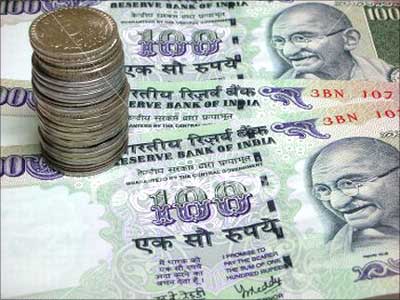 | « Back to article | Print this article |
Cracks in telecom JVs after 2G scam
Telecom sector observers have become familiar with tiffs such as the recent one between Etisalat and the DB group.
It was the second such recent case of a foreign joint venture partner having a problem with an Indian counterpart embroiled in the 2G scam controversy.
A few months before, Telenor and Unitech were at loggerheads. While Telenor wanted to go ahead with a rights issue to raise money for operations, Unitech accused the company of increasing its stake via the issue and slapped a case against it in a Gurgaon court.
The pattern repeated itself as DB group company Majestic Infracon moved the Company Law Board, accusing its UAE-based partner of operational inefficiencies. This came a day after the Enforcement Directorate pointed to foreign direct investment violations in Etisalat and imposed a Rs 7,100 crore fine.
Etisalat sent an angry letter accusing two DB Group promoters, now in jail, of trying to benefit personal positions. "Etisalat is investigating closely both the circumstance in which Shahid Balwa (one of the promoters) persuaded it to invest in Swan (now Etisalat DB) -- as a third party foreign investor, brought in after Balwa and Swan had obtained the licenses -- and also Balwa's stewardship of the company and its assets," it said.
Click NEXT to read on . . .
Cracks in telecom JVs after 2G scam
Industry insiders say there is a pattern. "It seems to me that these companies want to fight in the open to convey the message that they have disassociated themselves from their scam-tainted partners," said a sector analyst who did not want to be named.
Telenor and Uninor have also done some mud-slinging in the open, asking Sanjay Chandra, managing director of Unitech, to step down from the board, and distancing themselves from the scam.
"A lot of these foreign companies came in and invested in good faith. Now they are not getting any clarity of the status of their licences. The Indian partners were responsible for obtaining the licences and they are the ones to blame for the irregularities. It is this tension that the foreign companies are carrying," said another insider.
These foreign partners are unable to explain these investments back home, a sore point.
Click NEXT to read on . . .
Cracks in telecom JVs after 2G scam
Added to these troubles, raising debt has become tough for companies involved in the scam, adding to the low-margin troubles and losses that new players are facing due to heavy competition and lower rates.
Alok Shende, co-founder and principal analyst of Ascentius Consulting, says this is a fallout of the 74 per cent foreign direct investment limit in the sector.
"This way, foreign investors are forced to have Indian partners who do not participate in the operations but have the power to blackball board decisions. A lot of Indian companies are in the joint ventures only for the financial benefits, waiting for the right time to exit," he said.
A recent example is of Vodafone and Essar, where Essar exited the joint venture after Vodafone agreed to pay $400 million extra as tax advances. Essar made a huge profit from its 33 per cent stake in the company.


